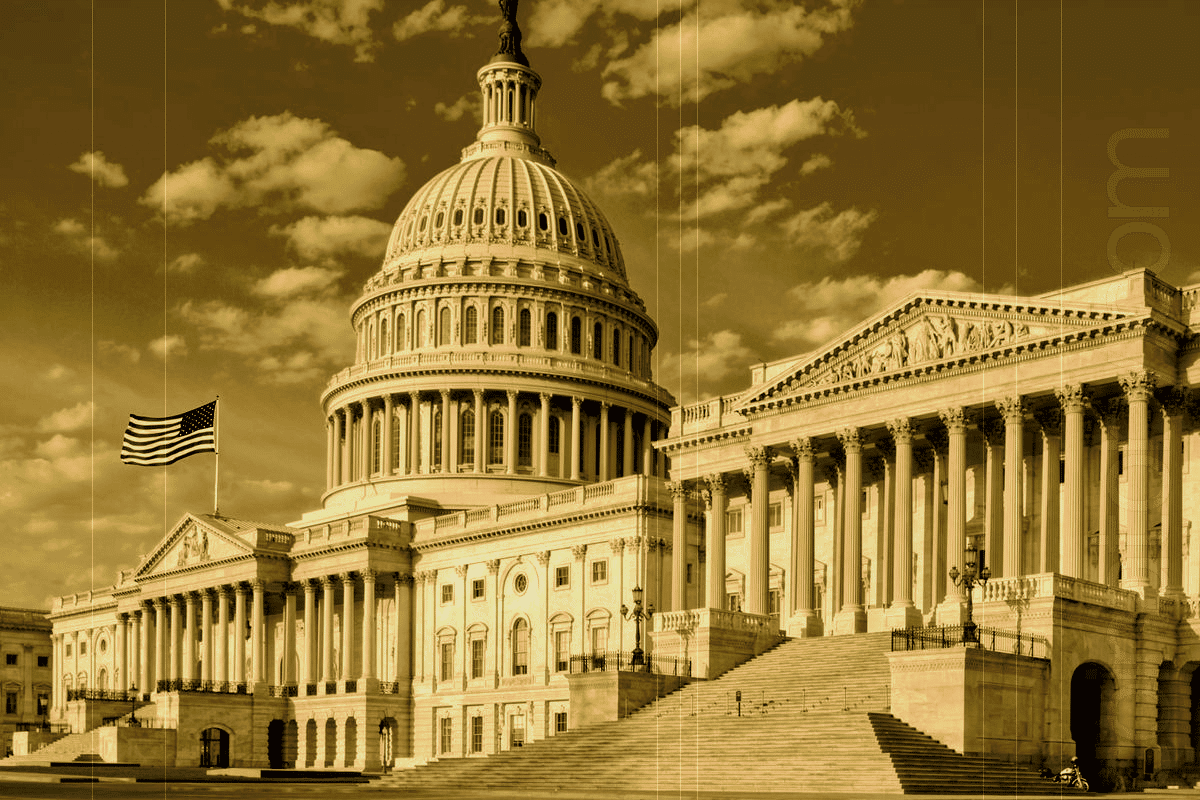
In a notable move within the cryptocurrency sector, the United States government executed a significant transaction, transferring a cache of Bitcoins previously confiscated from the infamous darknet marketplace, Silk Road, to the prominent cryptocurrency exchange, Coinbase. This transaction, confirmed by blockchain analytics platform Blockchair on April 2, involved the movement of 30,175 Bitcoins (BTC) to Coinbase, representing an approximate value of $2 billion, given the prevailing Bitcoin price of around $65,000.
Blockchain investigator ZachXBT highlighted an additional, albeit minuscule, transaction where 0.001 BTC, equivalent to $69, was moved to a Coinbase deposit address, presumably as a preliminary test. This follows the government’s history of disposing of seized cryptocurrencies; notably, in March 2023, it liquidated 9,861 BTC, then valued at $216 million, from a batch seized in late 2022 totaling about 50,000 BTC from Silk Road.
Furthermore, in January 2024, federal authorities expressed plans to offload a segment of the cryptocurrency amassed from Silk Road, specifically citing 2,934 BTC. Another significant transaction occurred at the end of February when the government moved 15,085 BTC—assets seized from the compromised cryptocurrency exchange Bitfinex, worth approximately $947 million—to undisclosed destinations. This included a precursory transfer of one BTC, followed by movements of 2,817 BTC ($172.7 million) and 12,267 BTC ($748.5 million) from secondary wallets.
Arkham Intelligence reports that an additional stash of approximately 94,600 BTC, seized from Bitfinex hackers, remains in another government-controlled wallet. According to CryptoQuant, the collective holdings of the U.S. government in BTC are estimated at 210,392, valued at $14.4 billion, positioning it among the foremost Bitcoin proprietors globally.
The last individual Bitcoin sale conducted by U.S. agencies, including the Department of Justice and the Internal Revenue Service, occurred in July 2023. Since that transaction, the government’s unrealized Bitcoin profits have surged by 240%, underscoring the volatile yet lucrative nature of cryptocurrency investments.
This strategic maneuver by the U.S. government not only underscores the substantial impact of regulatory and legal actions on the cryptocurrency market but also highlights the increasing involvement of state entities in the burgeoning digital currency space. The implications of this significant transfer for both the market and regulatory landscape remain a focal point for investors and analysts alike.







